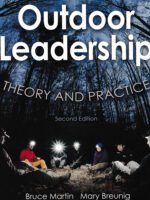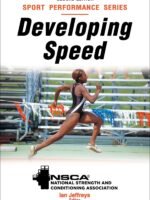American tackle football is an industry like any other. And like many industries, it sells a product that is dangerous to those who use it?or, in this case, those who play it. In Tackle Football and Traumatic Brain Injuries, Daniel S. Goldberg explores the connections among traumatic brain injury, collision sports, and the industry’s continuing efforts to manufacture doubt. Focusing especially on youths and adolescents?the most vulnerable population that comprises over 99% of tackle football players in the US?Goldberg addresses the ethical and social implications of their participation in tackle football.
Goldberg discusses the true scope of the danger and the costs to society and individuals of caring for injured participants. If these risks were to become widespread public knowledge, the profitability and perhaps even the viability of American football would be at risk. As the tackle football industry has consistently worked to mask the health hazards involved in playing football, it has used a particular tool that has proved highly effective in achieving this subterfuge: the manufacture of doubt. Goldberg advocates for using public health laws as a tool for countering these efforts at obfuscation, and he outlines specific policy proposals intended to address the population health and ethical problems presented by tackle football.
The book draws on public health ethics, public health law, and the histories of occupational and public health to assess the limits of parental choice to expose their children to risks of injury. Should kids play tackle football at all?and who decides if they should? Goldberg offers practical answers to these critical legal, ethical, and social questions. Chris Nowinski, former Harvard football player and WWE wrestler, provides a timely and insider’s perspective on these critical issues in the foreword.









Be the first to review “Tackle Football and Traumatic Brain Injuries : Law, Ethics, and Public Health”